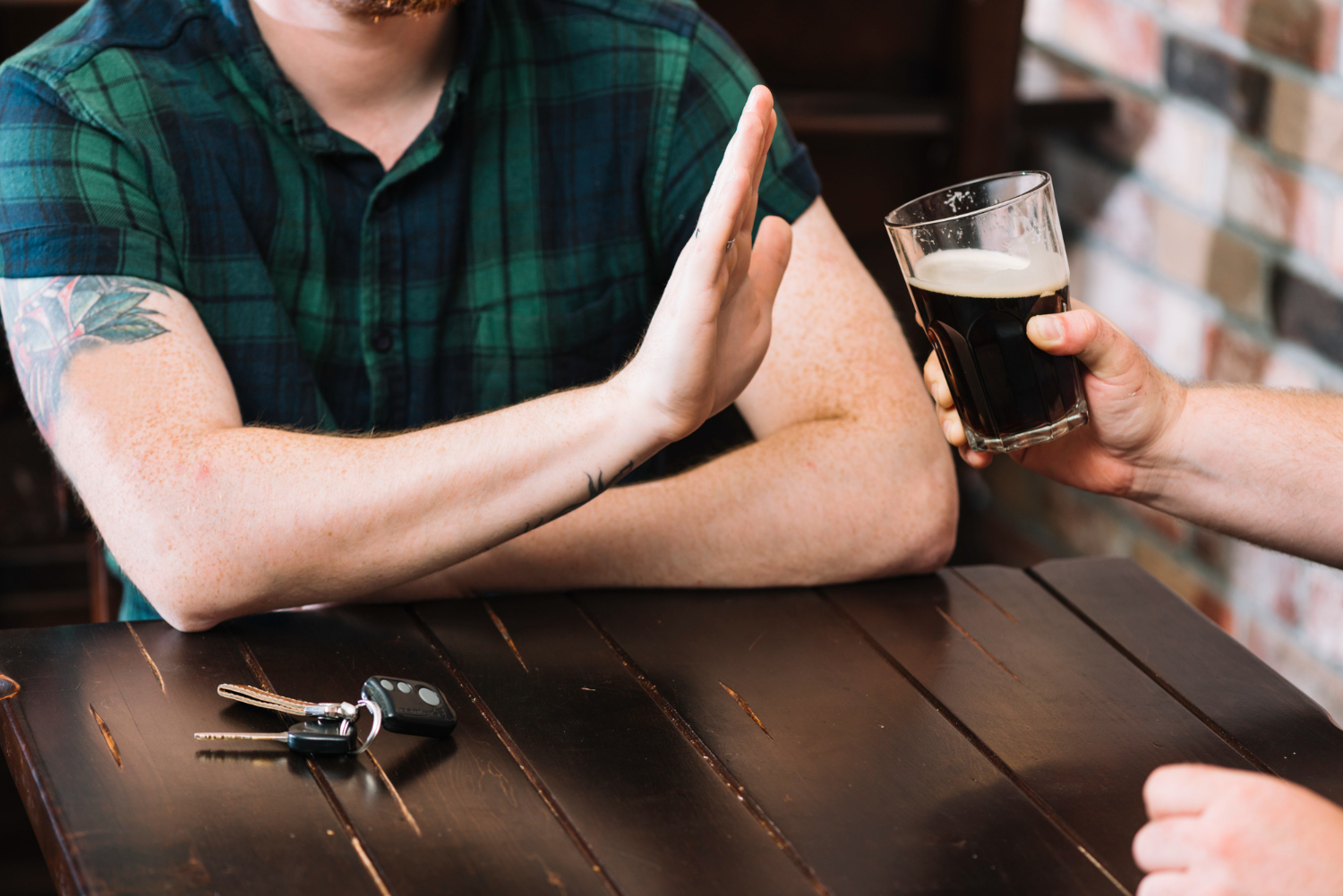
Going through alcohol addiction treatment is one of the biggest challenges in life. However, get through that and into recovery and you can also find a new lease of life. It’s like a blank page, waiting for the next chapter of your story and one that, hopefully, involves a happily ever after.
Of course, it’s not quite as straightforward as that. There are still daily challenges you have to face, while in alcohol rehab you’ll discover that temptation and the chance of relapse could occur at any time. That said, it’s a fresh start.
Often for single people who have entered recovery there’s the chance to meet someone new. However, navigating a new relationship for the first time sober can be a little more difficult and nerve wracking. So, to help you out, here are five top tips to ensure you find it as thrilling an experience as it should be…
Prioritize Self-Care and Sobriety
As you begin to enter into new relationships and dating, it’s important to prioritise your own wellbeing and sobriety journey. Only step into a new relationship if you have a strong foundation for self-care and you can continue your routine, participate in support groups and engage in the hobbies that are helping with sobriety. This is fundamental in laying the groundwork for healthy relationships.
By prioritising this, you can demonstrate your own commitment to personal growth which can then ensure that a new partnership is built on mutual respect.
Be Honest and Transparent
One of the biggest hurdles to overcome is understanding when is the right time to make a potential partner aware of your addiction and commitment to sobriety. Ultimately, honesty and transparency from the outset is the best solution, avoiding any difficult situations as well as building trust.
Sharing experiences and vulnerabilities can even help develop a deeper connection potentially resulting in more support available in your life.
Choose Supportive Partners
Effectively by being open with a potential partner, you’ll discover just how supportive they can be about it. If you find they aren’t respectful of your sobriety, then they probably aren’t the right partner for you.
Seek out partners that are empathetic, understanding and willing to learn about your situation, as they’ll ultimately be the ones that will support you on their journey. People who show the opposite of that are more likely to jeopardise your recovery.
Plan Sober Activities
When you’re first getting to know somebody, suggest dates that don’t revolve around alcohol. So, don’t suggest an evening in the pub or potentially even avoid a restaurant if you think that could be triggering.
Find shared interests and consider something around that. For example, hiking, visiting galleries, going to a concert or even a class of some sort can be good options and, in truth, more fun too! By doing this, you’ll create more meaningful experiences, get to know someone better and discover whether there is a genuine connection.
Set Boundaries and Practice Self-Advocacy
Finally, set clear boundaries and practice self-advocacy. These are critical components of maintaining sobriety whilst entering a relationship. Communicating these with a potential partner will empower you to prioritise your wellbeing and create a more respectful environment, potentially even encouraging a potential partner to discuss their boundaries too.


